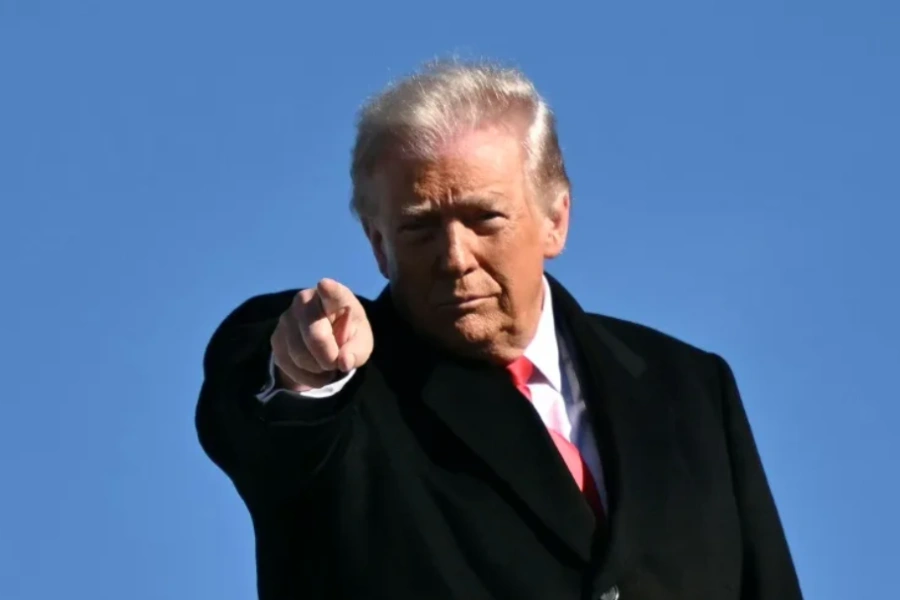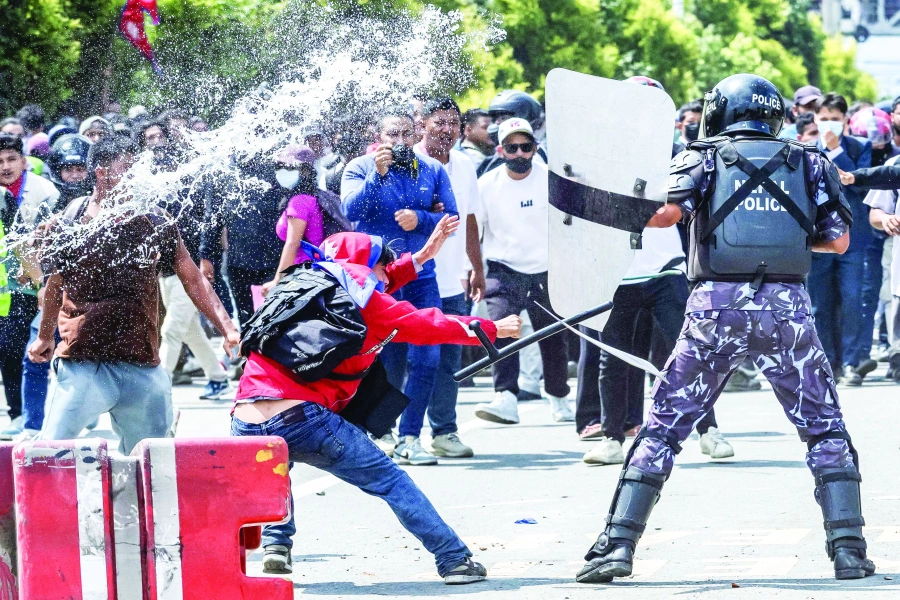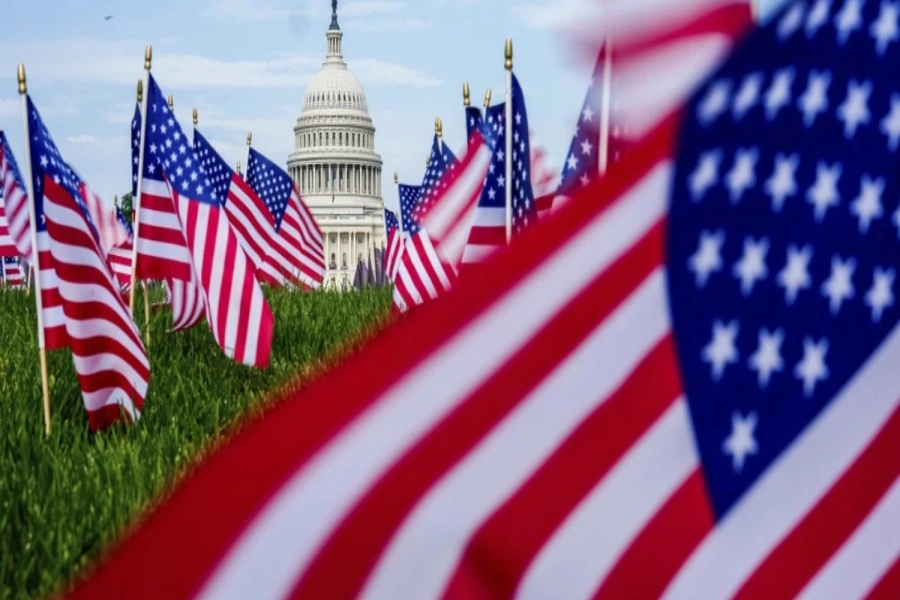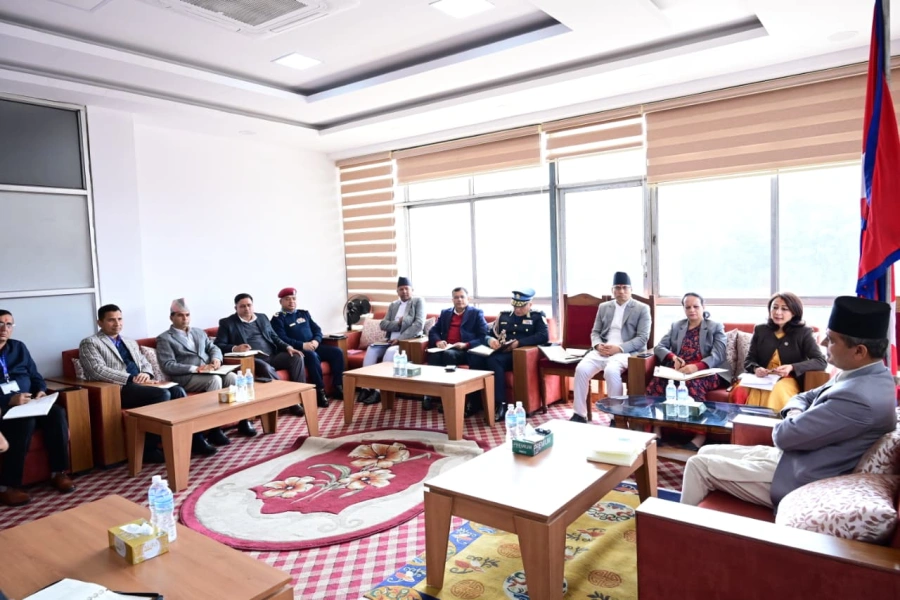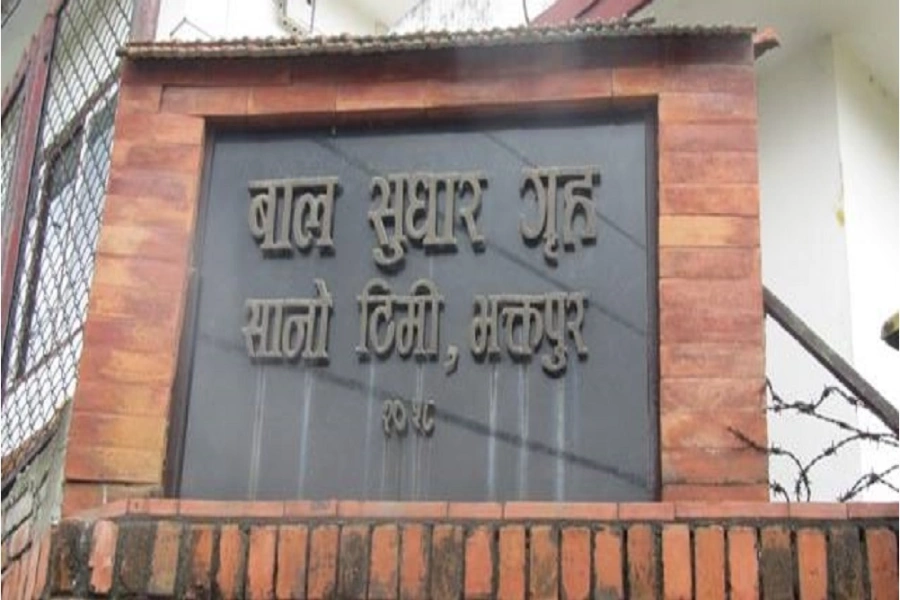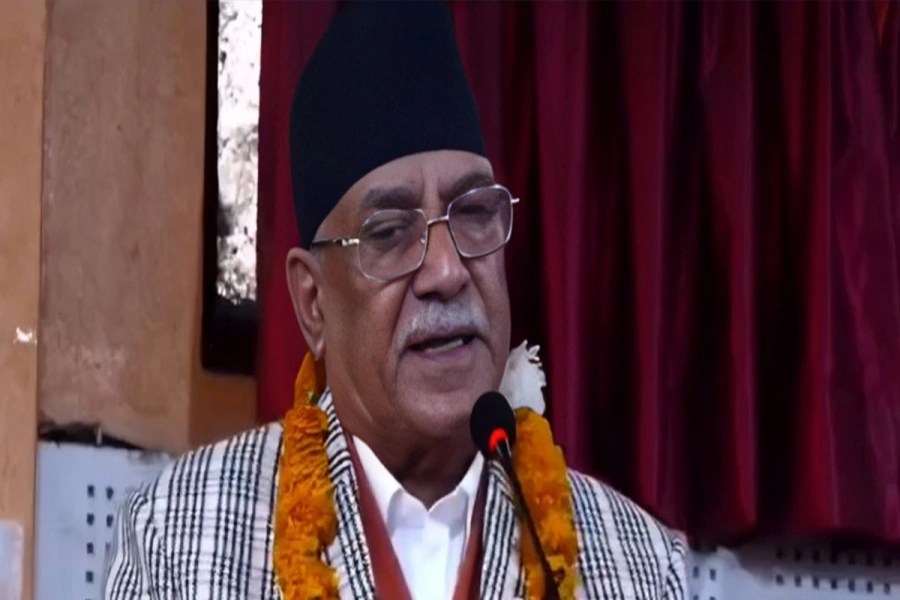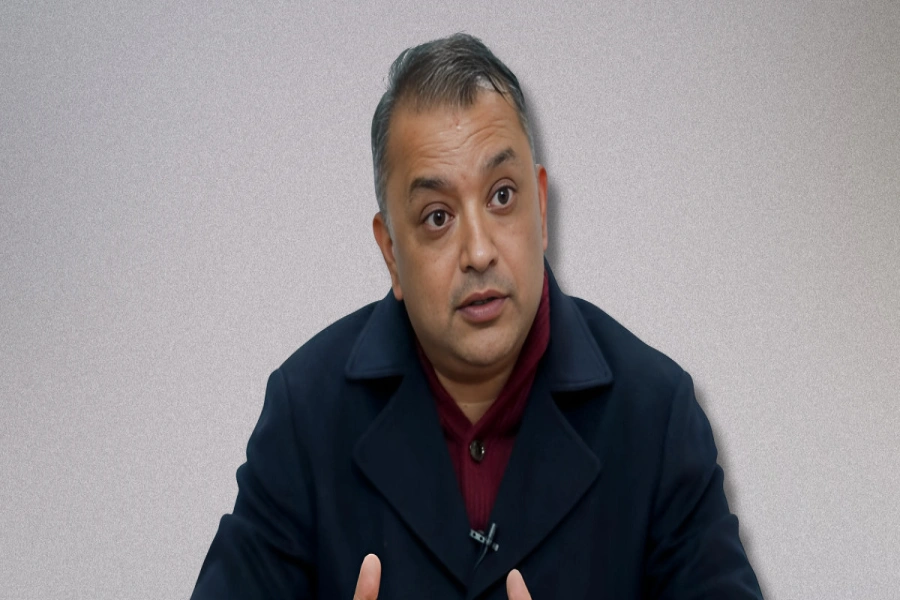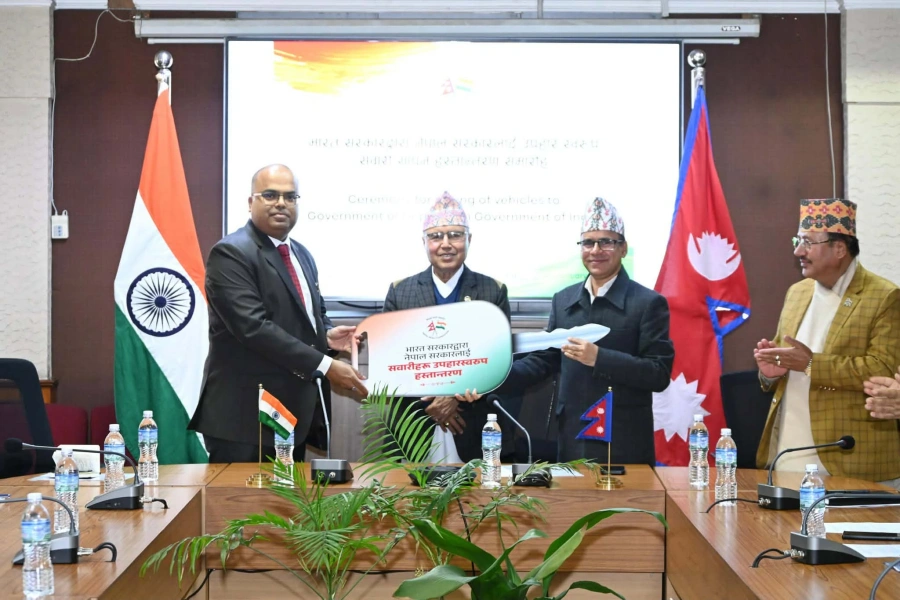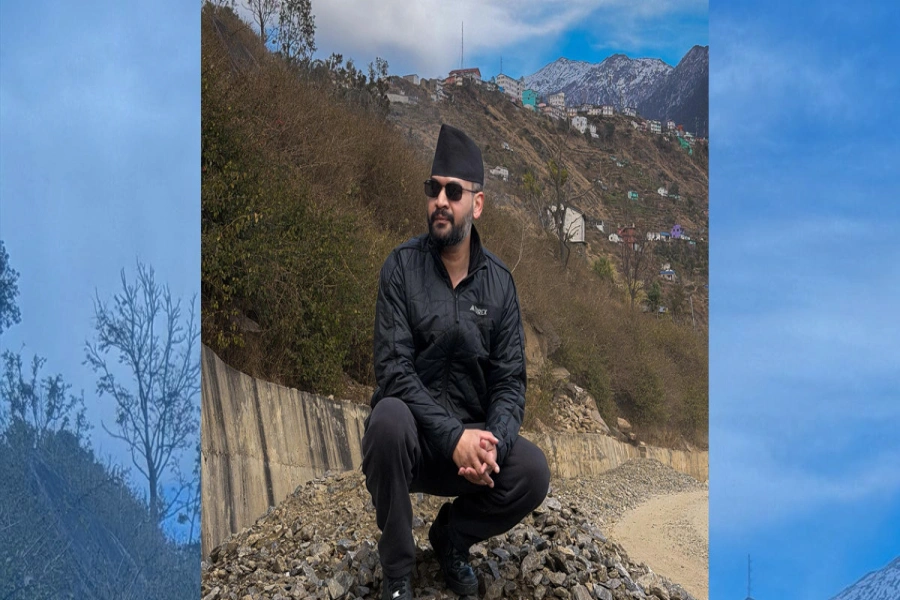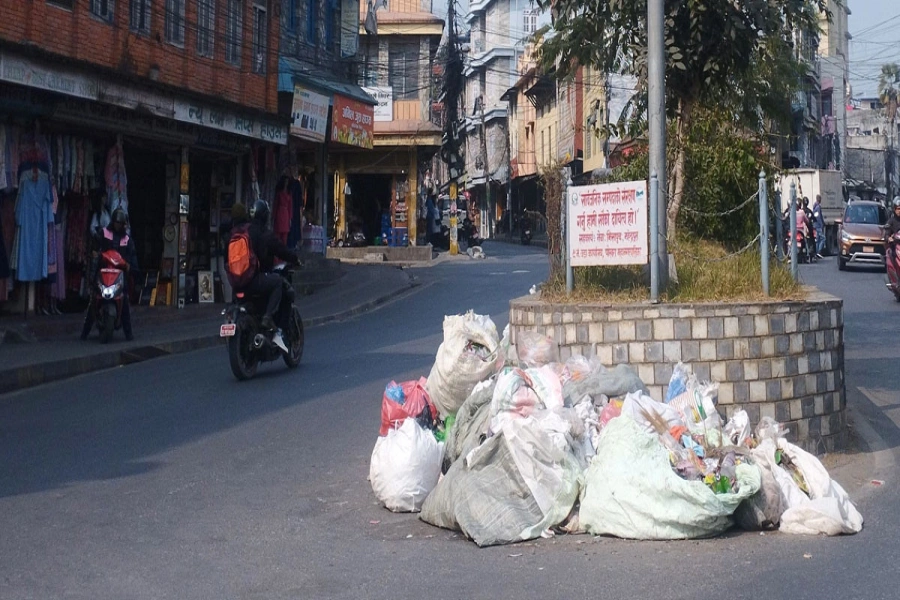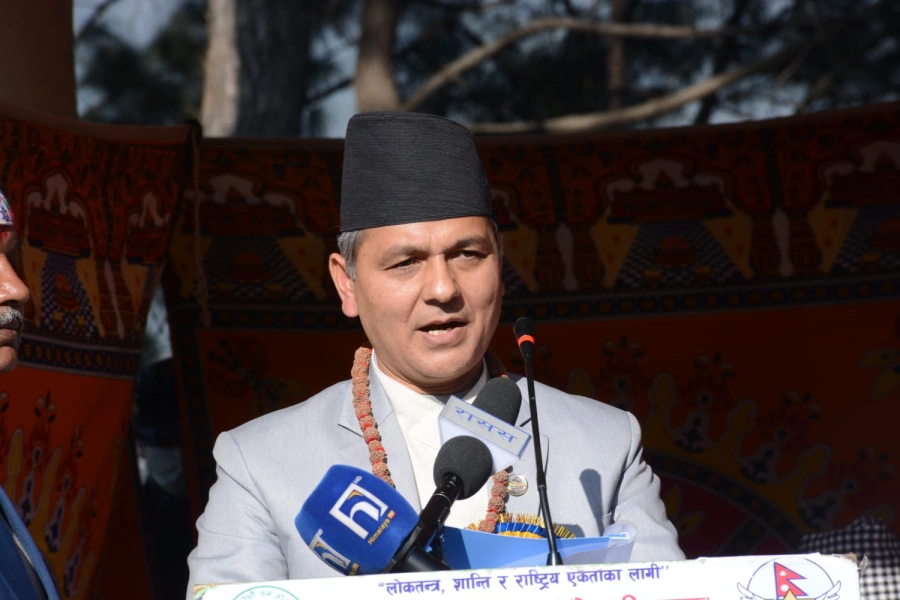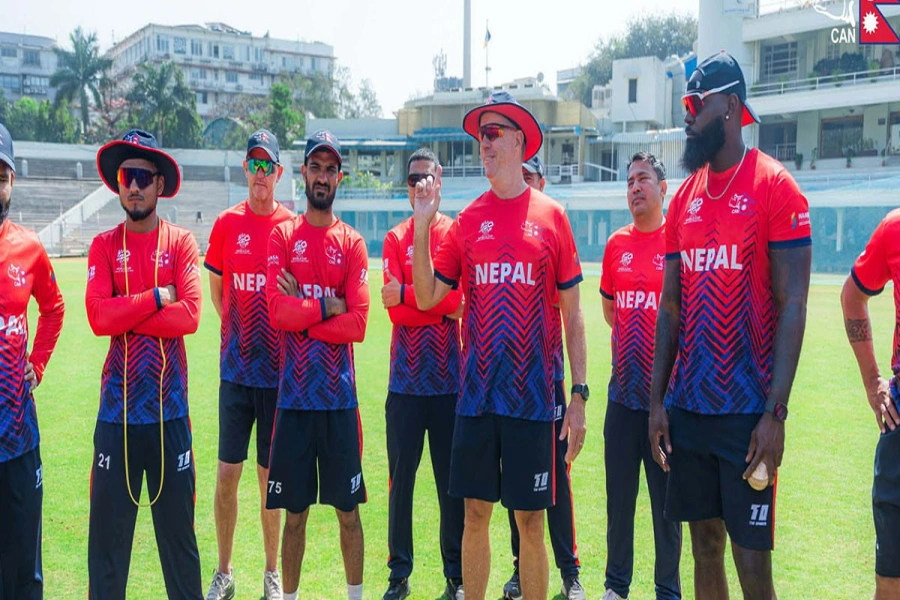Amendments on media council bill
The Media Council Bill, which the government claimed was brought to regulate and better manage Nepal’s media sector, became the subject of intense debate form the first day it was made public. Civil society, larger media fraternity and political parties, including some members of ruling Nepal Communist Party (NCP), opposed the bill and demanded its amendment. In fact, this controversial bill nearly discredited the government of KP Sharma Oli. The points of contention are mainly two. First was the provision of government appointing top officials of the Council without consulting the stakeholders. The officials thus appointed are given powers to take action against any journalists, if a complaint is filed against them. Thus the government proposed bill on Media Council, it seemed, sought to establish the Council as the institution that punishes, rather than helping journalists to report and disseminate news. Even more troubling was the provision of slapping fine on journalists—ranging from Rs 25,000 to one million rupees—if a journalist is found to have violated the code of conduct formulated by the Council. And the authority to decide whether any act amounted to violation of code of conduct, would, again, be the same Media Council. It, thus, appeared that the sole purpose of the Media Council Bill was to curtail press freedom and make it extremely difficult for the journalists to report freely and fearlessly. This is the reason the Bill generated widespread criticisms among civil society members, media fraternity and political parties. The bill had to be amended.
Juvenile Justice System of Nepal: Gaps and Ethical Dilemmas for...

In this context, it is good that lawmakers from Nepali Congress and ruling Nepal Communist Party (NCP) have registered as many as eight amendments to the bill in the upper house of the parliament. And they have agreed on one thing: The provision of fining the journalists for reporting news or airing views should be removed. This should be taken as the reflection on the part of the political parties that mistake had been made in the past and it should be corrected. Nepali Congress lawmakers have also sought to solve the controversy of official appointment by proposing to constitute a separate recommendation committee under the leadership of chairperson of the National Assembly. Apparently, the ruling party lawmakers have not agreed to this but it is logical to create a mechanism outside of the government to appoint officials in a body like Media Council that should be able to work autonomously.
We need to see these amendment proposals as the attempt of the ruling party to correct the mistakes in the bill. The good thing about it is that now the parliament will discuss and deliberate on the contents of amendment proposal and lawmakers can arrive at acceptable solution. Now what to do with the Media Council Bill rests on the lawmakers in the parliament. In the course of discussion, they may be able to come up with better solution. As they discuss, the lawmakers should try to accommodate as many concerns as there have been raised about the bill. Lawmakers are now final arbiters to decide the fate of Nepal’s media. We sincerely hope that they won’t become the witness to the passing of a law that will fail to protect press freedom. The last hope now rests on the lawmakers.


